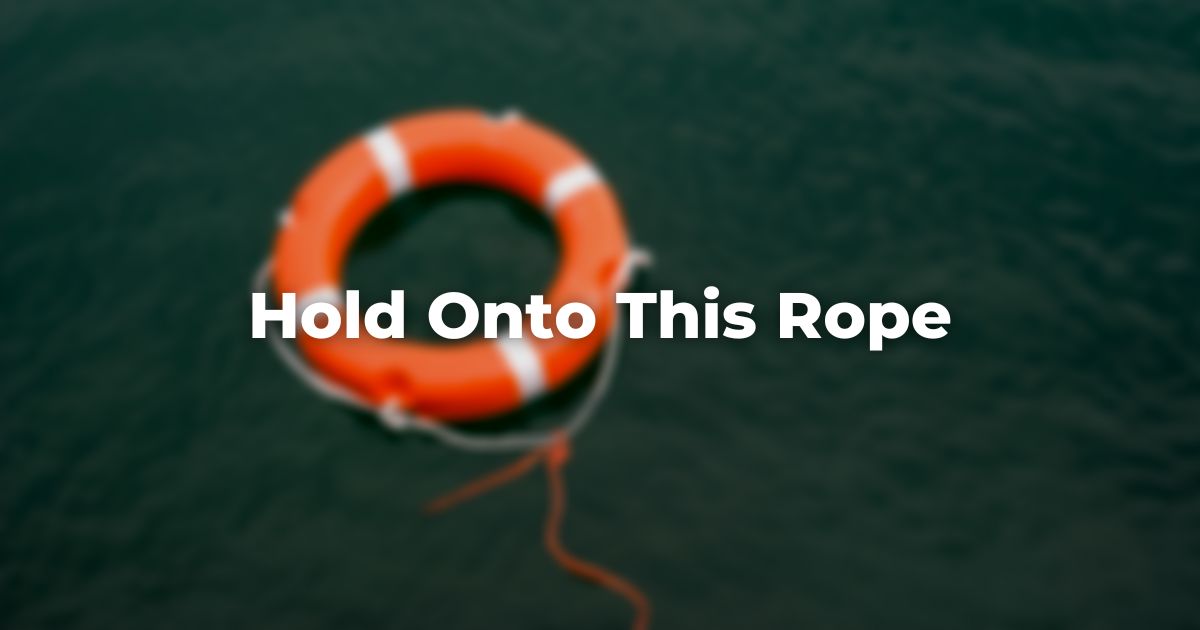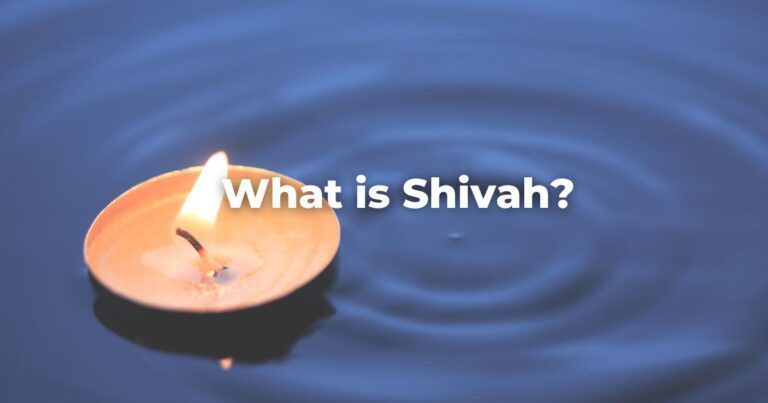When we reached the Shema on Shabbat morning, June 25, 2022, I led my community in reciting the third paragraph out loud. These words form verses that would be chanted by the TorahRefers to the first five books of the Hebrew Bible, the Tanakh, also called the Five Books of Moses, Pentateuch or the Hebrew equivalent, Humash. This is also called the Written Torah. The term may also refer to teachings that expound on Jewish tradition. reader that morning, verses drawn from the weekly Torah portion, Shlach. I wanted people to feel their mouths shaping these words, to hear themselves making these sounds, to know that this Torah and this tradition was theirs to grasp and to cherish.
The third paragraph of the Shema encapsulates the mitzvah of tzitzit, God’s commandment to wear fringes on the corners of our garments in order to remember the mitzvot, the commandments God gifted us as an expression of love and commitment to our covenantal relationship.
There is a midrashThis word is used in two ways, as both a concept and a literature. As a concept, midrash is the expansive interpretation of biblical texts. The term is used to describe the practice of rabbinic interpretation. As a text, it refers to specific collections of interpretations, particularly from the third to ninth centuries in the Land of Israel and Babylonia. Plural: Midrashim
, an ancient rabbinic teaching, that illustrates the purpose of tzitzit through a powerful parable.
“This is comparable to one who was thrown into the sea. The captain extended a rope to her and said, ‘Catch this rope in your hand and don’t let it go…’” (Bamidbar Rabbah 17:6)
In commanding us to tie tzitzit to our clothing, God reminds us: these mitzvot are here for you to cling to, are here to save you and to steady you. Through the mitzvah of tzitzit, God tells us: life will sometimes resemble turbulent waters and our tradition can be something that stabilizes us and even lifts us beyond the swells.
Our tradition is not perfect–sometimes Judaism might be the very reason we feel lost at sea. I know I have often encountered a Judaism that does not concern itself with, or even actively positions itself against me–because of the body and the gender identity I was born into.
But there are also times where Judaism may be exactly what we need, a rope that appears beside us just when we begin to flail our arms. Prayers that give language to our yearning and our suffering. Rituals that frame and anchor life’s transitions. Culture that links us to people all over the world, all throughout time.
Sometimes, halacha (Jewish law) offers the grace we need to cling to. If we find ourselves in the sea because of an unwanted or a (physically or psychologically) dangerous pregnancy, Judaism permits an abortion. Our tradition demonstrates an awareness that pregnancy, labor, and parenthood are not always the ideal, not always the best path. This culture of understanding that prioritizes the life of the pregnant person can be a stabilizing rope, even within a system that does not always prioritize people who can get pregnant.
Life can often feel like we are caught in a stormy sea, but our Torah, our mitzvot and connection to the Divine, can be life-giving, the tzitzit a physical affirmation and reminder of God’s love and steadfast presence, a rope tossed overboard to haul us up from the depths and back to safety.
Adapted with permission.
Author
-

Jessica Fisher (she/her) serves as a rabbi at Beth El Synagogue Center in New Rochelle, NY.
View all posts






